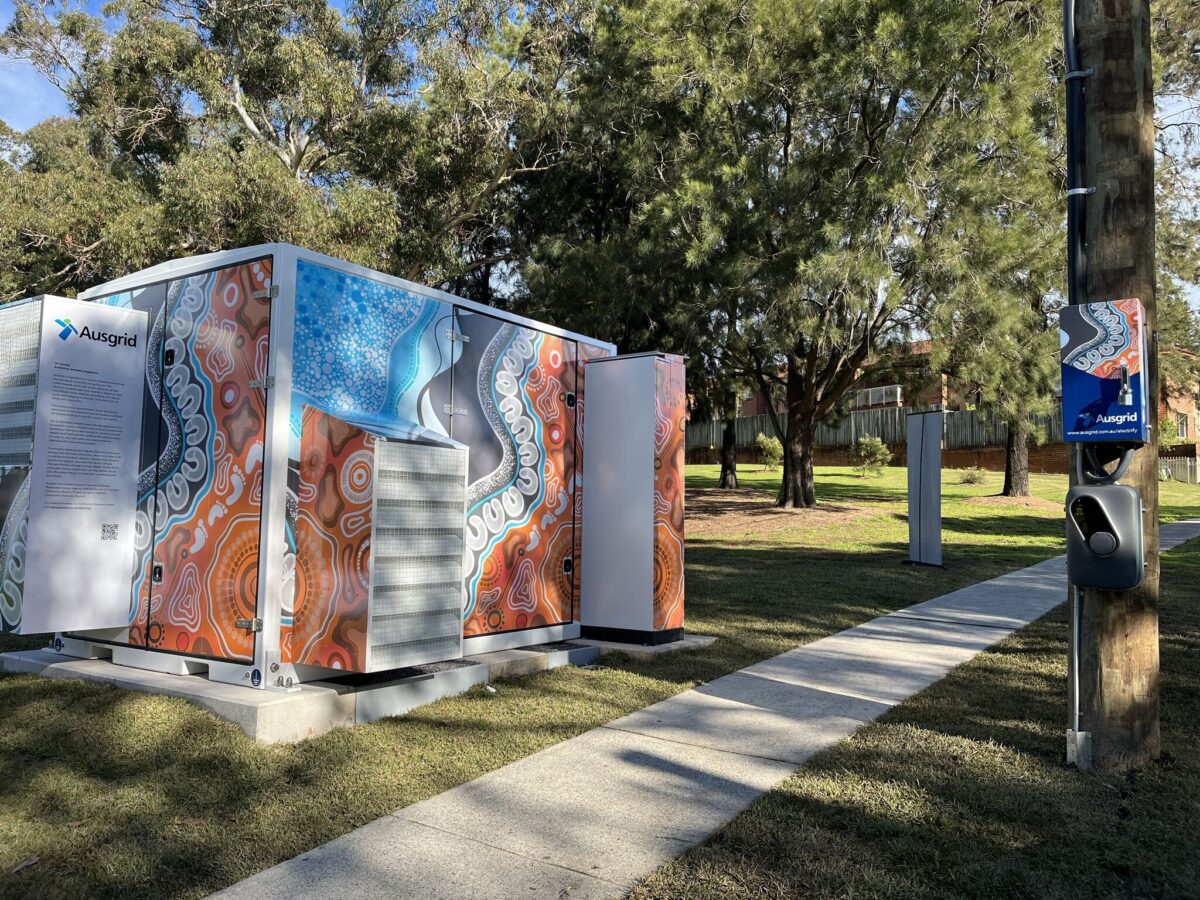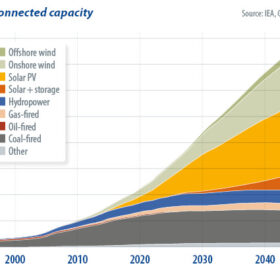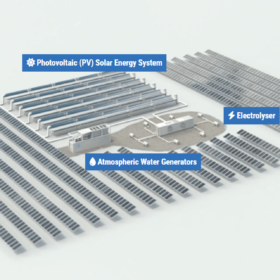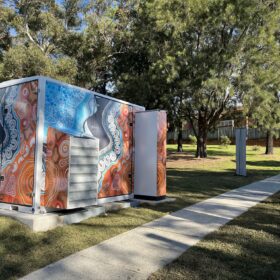The federal government has announced the Australian Renewable Energy Agency (ARENA) has conditionally approved $143 million (USD 95.5 million) to support the roll out of up to 370 community batteries with an aggregated storage capacity of 281 MWh as part of round one of its Community Batteries fund.
The battery energy storage systems up to 5 MW in size will be deployed in every state and territory and when combined with the 58 community batteries already being rolled out by the Department of Industry, Science and Resources through the Business Grants Hub, exceeds the federal government’s original pledge to deliver 400 batteries under the Community Batteries for Household Solar program.
Of the first tranche of community batteries to be rolled out under the ARENA funding initiative, 95 will be installed in New South Wales (NSW), 69 in Queensland, 37 in Victoria, 28 in Western Australia, 24 in South Australia, 16 in the Northern Territory, and six in Tasmania. The Australian Capital Territory has received batteries under the Business Grants Hub.
The first round of ARENA funding will be shared between 21 distributed network service providers and non-network organisations.
ARENA Chief Executive Darren Miller said the community batteries will increase the hosting capacity of solar in the grid, enhance energy resilience, reliability and sustainability while bringing down energy costs for consumers and businesses.
“We’ve got 21 different applications, different organisations rolling out these batteries and we’re going to learn a lot from this program and see what’s possible for the future,” he said, adding that he expects this funding round will “kick start the neighbourhood-scale storage sector.”
“These batteries are the missing link in our renewable energy system, enabling more rooftop solar to be installed helping households and other energy users take advantage of local solar energy,” he said.
The first of the batteries to be installed as part of the ARENA funding program was unveiled at the weekend with NSW distributed network provider Ausgrid switching on a 267 kWh community battery in the southern Sydney suburb of Bexley North.
Ausgrid CEO Marc England said the battery, which also includes an electric vehicle charger, would act as a sponge during the day absorbing solar generation and then feeding that back to the network during peak times.
“Community batteries not only facilitate a more equitable journey to net zero but they create a more stable grid,” he said.
England said Ausgrid is aiming to deploy a portfolio of batteries up to 5 MW under the first round of the Community Batteries funding program.
Popular content
The Bexley North community battery is the eighth to have already been installed on Ausgrid’s network.
Federal Energy Minister Chris Bowen, who attended the launch of the Bexley North facility, said it and other community batteries will support local power reliability and enable more homes to enjoy the benefits of solar panels.
“While one in three Australian households have already embraced rooftop solar and are accessing cleaner and cheaper energy, less than one in 40 households have battery storage,” he said.
“Community batteries are the next stage in ensuring all communities get the benefit of the energy transformation.”
The Community Batteries funding program is expected to provide shared storage for up to 100,000 households.
ARENA said specific locations for the batteries are yet to be finalised and are subject to community consultation, planning approvals and entry into commercial agreements. The agency said all funding is conditional on the finalisation of funding agreements with each successful applicant.
ARENA expects to launch a second round of community battery funding in late 2024, with a funding allocation of at least $28 million.
This content is protected by copyright and may not be reused. If you want to cooperate with us and would like to reuse some of our content, please contact: editors@pv-magazine.com.









This is an INSANELY expensive subsidy. A$510 per KWh of storage!!!
Why is everybody pretending this is an effective programme?